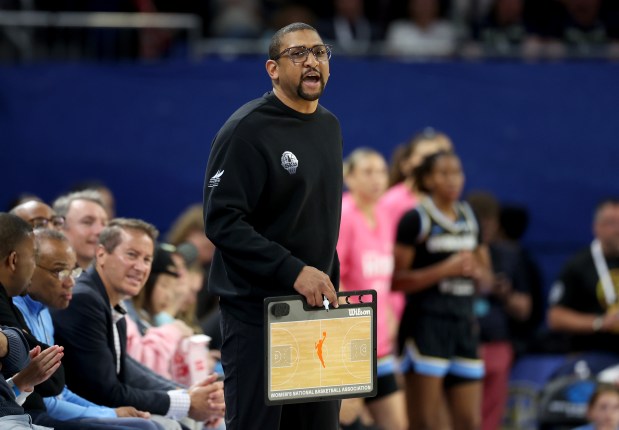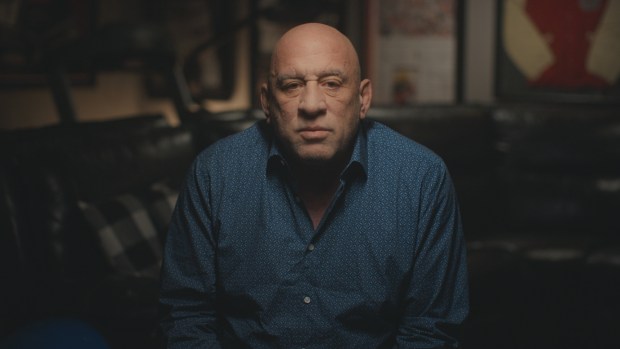Illinois is co-leading a lawsuit filed by 22 states Monday challenging a Trump administration plan to limit certain types of federal grant payments for health research — an action the states say could be “devastating” but that the federal government says will ensure money goes toward research and not administrative costs.
The lawsuit follows a notice issued by the National Institutes of Health on Friday that it would limit federal payments for the indirect costs of grant-funded research to 15%. Indirect costs cover facilities and administration, according to the notice. Until now, the agency paid different rates for indirect costs that were negotiated separately for each grant.
Illinois Attorney General Kwame Raoul’s office said in a news release Monday that the new 15% rate “is significantly less than the cost required to perform cutting edge medical research.”
In Illinois, nearly every state university receives National Institutes of Health funding for clinical trials and research, according to the news release. The University of Illinois System stands to lose $67 million annually, and the Southern Illinois University System could lose $4.5 million, if the rate change goes through, according to the lawsuit.
Illinois State University and Northern Illinois University would lose hundreds of thousands of dollars causing “the universities to reduce or eliminate positions for staff or students and lessen their research output,” according to the lawsuit.
“The funds the Trump administration is proposing to cut support lifesaving medical research,” Raoul said in the news release. “The impact of these illegal cuts would be enormous in Illinois, harming the ability of our universities and research institutions to achieve breakthrough discoveries that make life better for us all.”
The lawsuit notes that indirect costs include the costs of maintaining facilities, paying for utilities and the costs of administrative staff such as those who work in IT and cybersecurity. The costs are often necessary to make research possible, according to the lawsuit.
The National Institutes of Health spent more than $35 billion in fiscal year 2023 on competitive grants to researchers at universities, medical schools and other institutions across the country, according to the notice released Friday. Of that money, about $9 billion went to indirect costs.
“The United States should have the best medical research in the world,” according to the notice filed Friday. “It is accordingly vital to ensure that as many funds as possible go toward direct scientific research costs rather than administrative overhead.”
According to the notice, “Most private foundations that fund research provide substantially lower indirect costs than the federal government, and universities readily accept grants from these foundations.”
Raoul and 21 other attorneys general allege in their lawsuit that the action violates federal law. Raoul is co-leading the lawsuit with the attorneys general of Massachusetts and Michigan.
During President Donald Trump’s last administration, in 2017, he proposed reducing the rate for indirect costs to 10%, according to the lawsuit. Congress, however, then enacted an appropriations amendment barring the National Institutes of Health or the U.S. Department of Health and Human Services (of which NIH is a part) from spending money to develop or implement a new approach to the reimbursement of indirect costs, and that amendment remains in effect today, according to the lawsuit.




